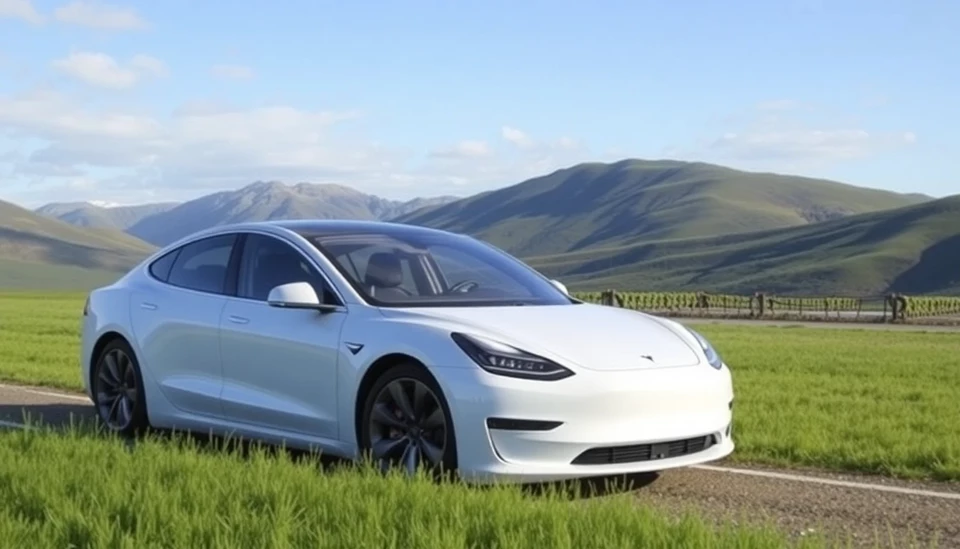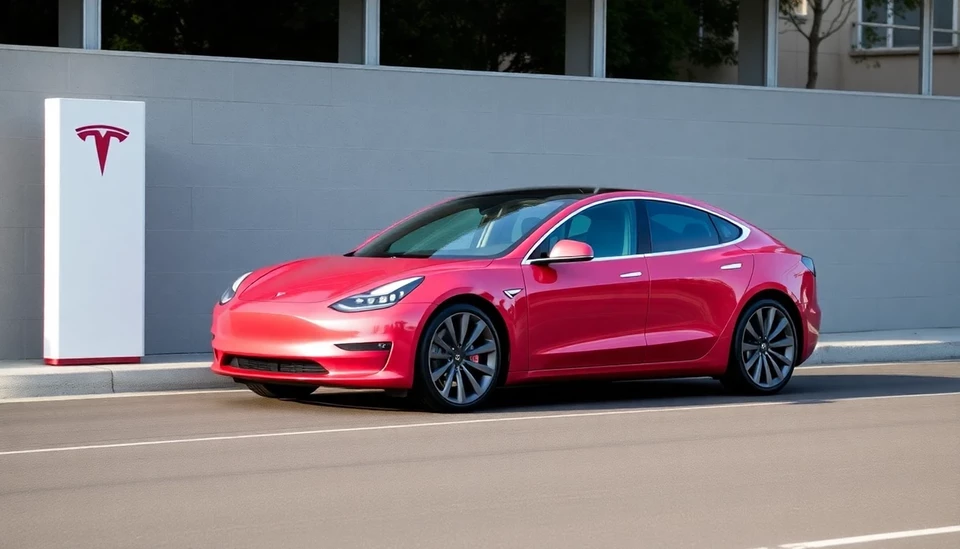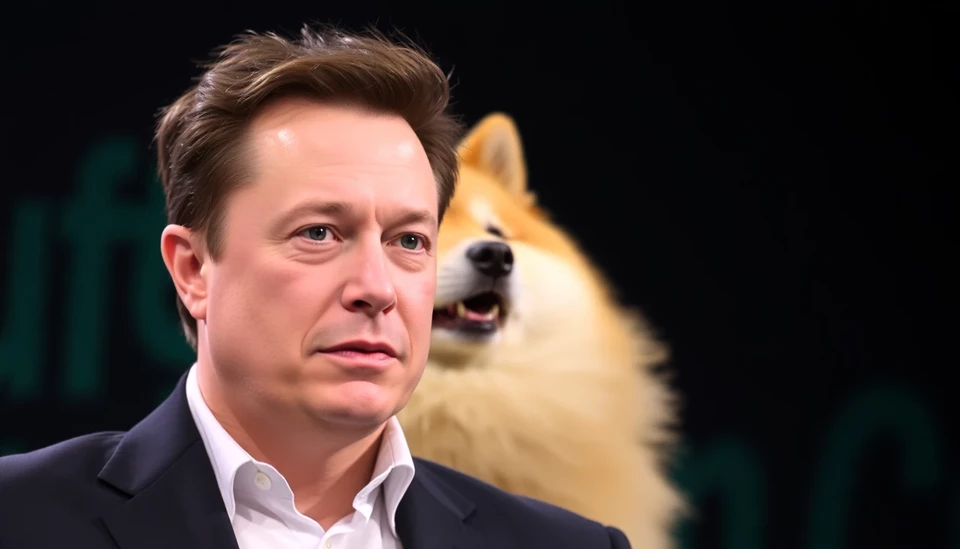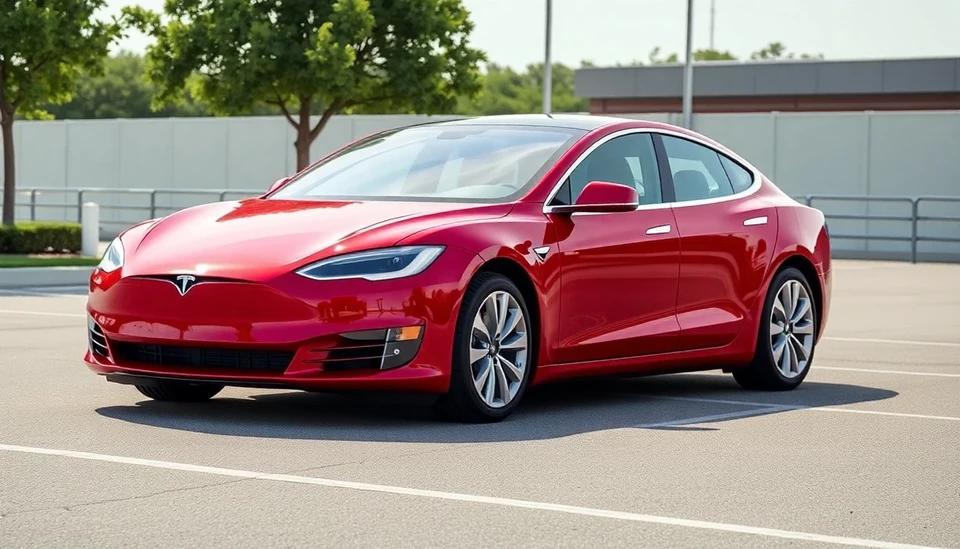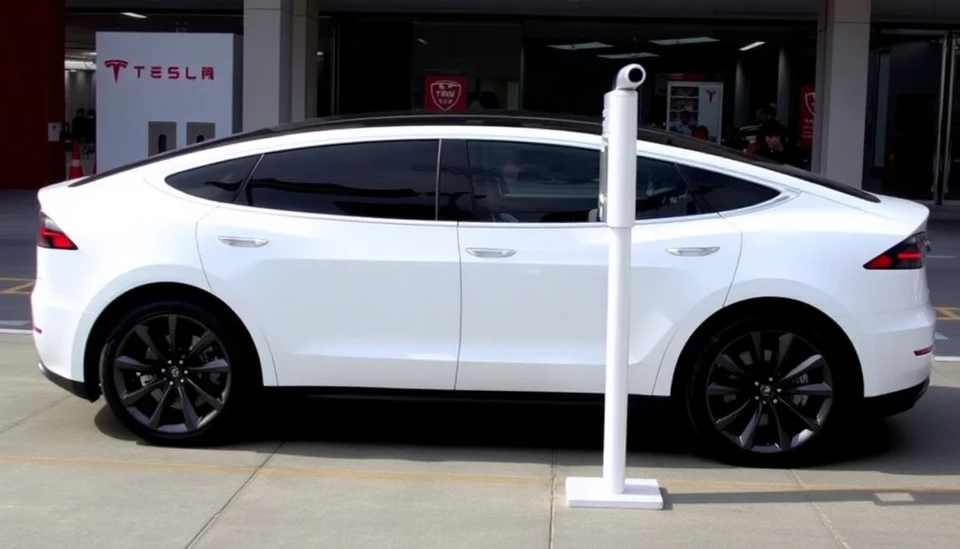
In what can be called a pleasant surprise for Tesla, the sales of the company have considerably gone up after the Chinese government announced the increase in subsidies that target electric vehicles. Through this strategic move, China once again proves that its commitment to making transportation green is one it will stop at nothing to pursue and underlines its ambition of remaining the leading nation when it comes to the adoption of electric vehicles around the world.
Thus, China has chosen a high-point momentum for the electric vehicle market, where manufacturers and consumers really needed such a boost. The financial incentives reduced the cost of electric vehicles and further increased accessibility to a wide range of consumers, spurring demand. Tesla is one of the primary beneficiaries of this policy, already being a major player in the Chinese market.
According to recent reports, it has emerged that Tesla's Model 3 and Model Y vehicles have witnessed a sharp surge in sales, directly as an outcome of the revised subsidies. The increase in subsidy decreases the overall cost of purchasing, which attracts the price-sensitive market-a fact that effectively increases Tesla's market share in the region.
This policy shift is also in line with China's bigger environmental goals of carbon emission reduction and reduced reliance on fossil fuels. In furthering the electric vehicle market, the Chinese government has been taking practical steps toward its goal of electric vehicles accounting for a substantial share of all new car sales by the year 2035.
The CEO of Tesla, Elon Musk, remained optimistic about the move, stating that these added subsidies not only support Tesla's mission to accelerate the world's transition to sustainable energy but also show how serious China is towards going green. According to Musk, this type of policy will inspire innovation and competition within the electric vehicle sector that shall benefit the consumers in terms of more varieties and better technologies.
In the broader sense, this development may also affect other governments in reviewing their policy stances on electric vehicle subsidies. At a time when all countries are trying to find ways to reduce their carbon footprints and fight climate change, China's moves could be interpreted as a policy example for other countries desiring to develop their local electric vehicle markets.
The global consequence of such increased subsidies by China will most likely be felt in the automotive industry. Suppliers and manufacturers alike will want to take advantage of the expanded demand through accelerated production, new innovation with regards to electric vehicle technology, and perhaps even new partnerships and mergers within the industry itself.
The high sales figures of Tesla speak volumes about how government policy and corporate strategy dovetail as Chinese consumers take advantage of the subsidies in place. The relationship so far has demonstrated what could be achieved in terms of growth and advancement within the electric vehicle market for a cleaner, greener future.
This was further announced at a time when Tesla's stock performance increased a lot, a fact that could be attributed to investor confidence in the company's growth potential and its leveraging of favorable market conditions.
Ultimately, improvements in electric vehicle subsidies in China, with attendant increases in sales for Tesla, reveal a dynamic relationship between policy and market forces that sets quite an important precedent regarding the global turn towards sustainable transportation.
#Tesla #China #electricvehicles #subsidies #sales #ElonMusk #sustainability #ecofriendly #transportation #marketgrowth
Author: John Harris
